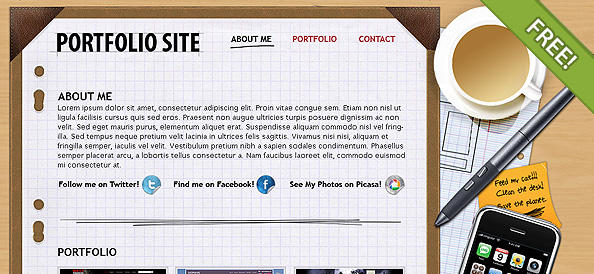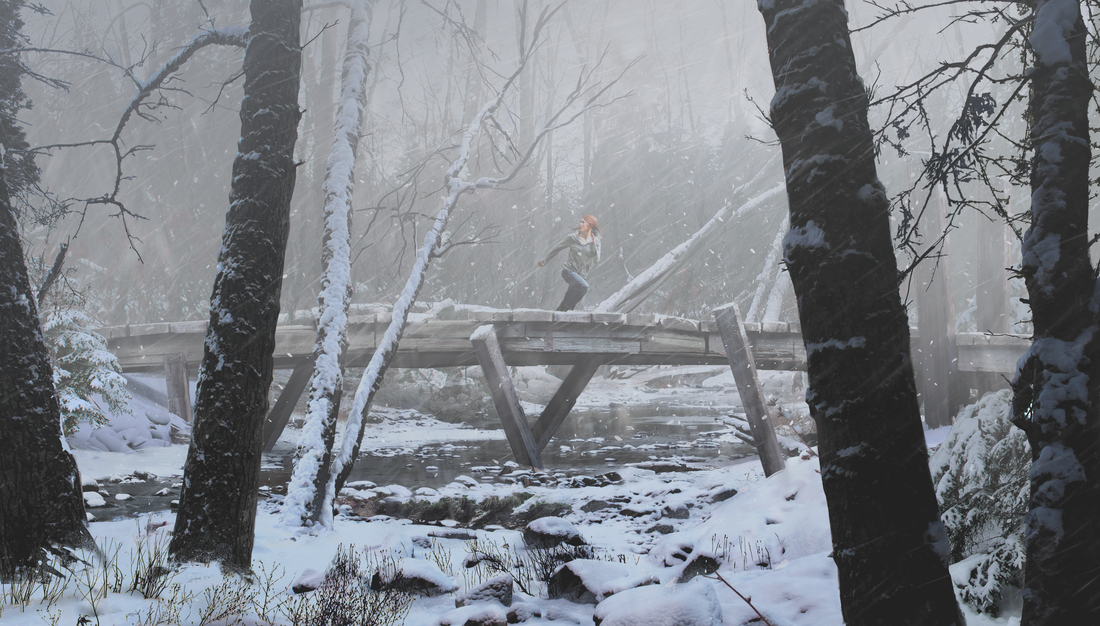After talking about the idea of curation last week in Digital Cutlure, I thought of a few other examples of curation on the internet that deserve a look.
Tumblr
Tumblr is interesting because there's a pattern that's emerged of someone creating a blog around very specialized topic (for instance,
Les Mean Girls, memes mashing
Mean Girls quotes with
Les Miserables shots). Sometimes, these sites explode, and the creator suddenly becomes a curator as people submit their own ideas to them and they vet and post these submissions to rapidly expand the sites archive. A good example of this is
Sims Gone Wrong, a tumblr that's just a big collection of glitches from the popular game
The Sims 3. At least in one case, this process has resulted in a creator/curator getting a job. The creator of
Onion-like, a tumblr that collects real-world headlines that sound like they came from the popular news satire service
The Onion. He was recently given a job at BuzzFeed in major part because of the success of his tumblr.
BuzzFeed
BuzzFeed is an example of curation as a business model. According to their own about section, BuzzFeed is "the leading media company for social news and entertainment, intensely focused on delivering high-quality original reporting, insight, and viral content across a rapidly expanding array of subject areas." What this translates into is a few scattered original articles, and a
lot of what is now called "listicles," meaning articles in the form of lists that are light on text and heavy on images (as examples: "
42 People You Won't Believe Actually Exist" and "
28 Unsettling Animal Mashups That Should Probably Never Have Happened". Most of BuzzFeed's most viral posts fall into this category, meaning most of BuzzFeed's business is just curating internet content (that they often just pull from social media sites like tumblr, deviantart, or reddit).
Songza
 |
| Screenshot from Songza.com |
The last one I want to talk about is
Songza. Songza is a different kind of curation business. The premise of the service is to "play the right music at the right time." When you first open the app/website, it'll display the day of the week and time of day, and offer you moods or situations that might be happening to you right now. When you pick one, it will then present you with a list of playlists that fit that mood/situation. The playlists are curated by music professionals to fit that particular theme. So, like BuzzFeed, Songza is a business model based on curation of internet content, but for a different intent.
The explosion of digital content has made curation more important than ever, and it's quite interesting how it's being implemented to bring people digital content they'll be satisfied by. It's important to note that all of these sites are free--so the only money anyone's making off this is through advertising, putting the pressure on these business to be consistently satisfying to digital consumers so people keep coming back to produce ad revenue for the company. It's an interesting and exciting combination of social and economic forces.










.jpg)








